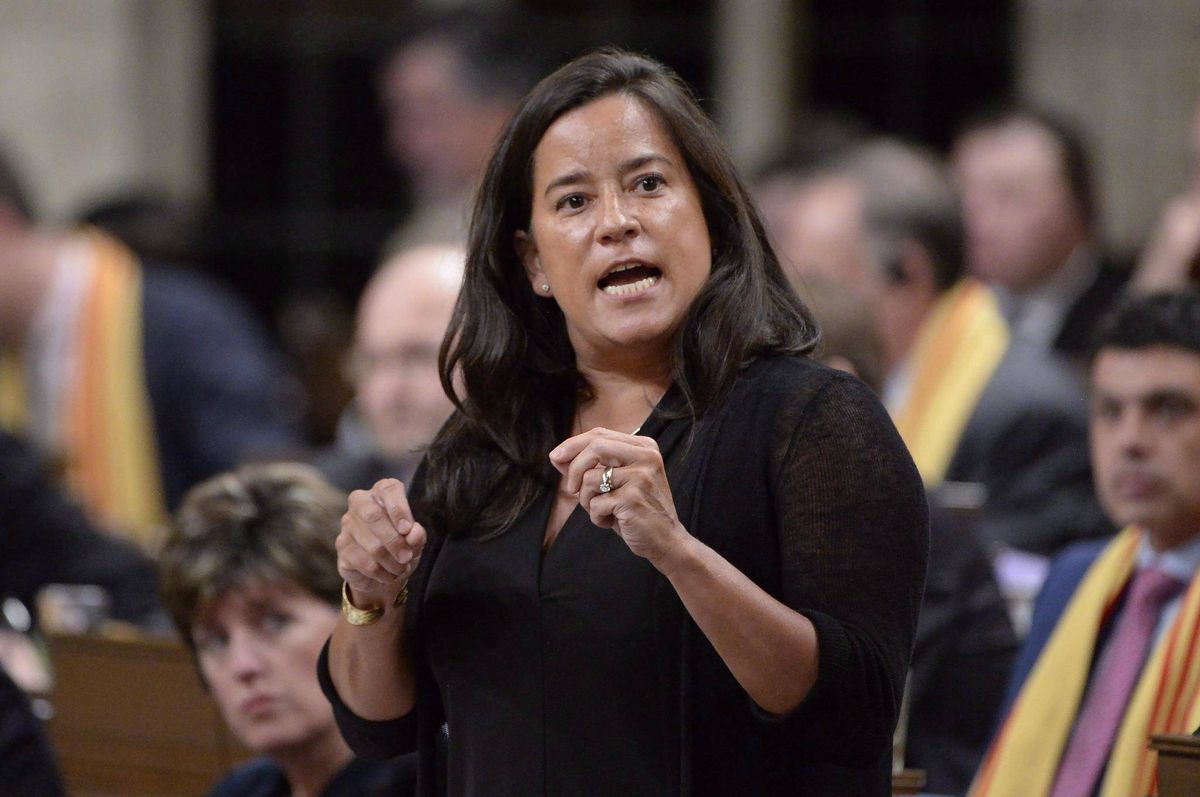Connexion
Dernières nouvelles
Crown attorneys call on Manitoba government to help address 'dangerously heavy caseloads'
The Manitoba Association of Crown Attorneys (MACA) is calling on the provincial government to help reduce mounting workloads that it says are making it difficult for prosecutors to meet their professional responsibilities. grievance it filed in April 2023. It says the grievance it filed back in April 2023 regarding 'dangerously heavy caseloads' won't be heard by an arbitrator until October 2025.
[ ...Suite ]Date de parution : 2025-01-10
Preparing RCMP body-cam evidence for court will be monumental task, prosecutor says
The RCMP is phasing-in the use of body-worn cameras across the country and expects 90 per cent of frontline members to be wearing them within a year. Shara Munn, president of the New Brunswick Crown Prosecutors Association, said while the body-camera evidence will be great to have, it will also mean a huge influx of work for prosecutors.
[ ...Suite ]Date de parution : 2025-01-06
N.L. government invests in 18 new Crown attorneys amid severe staffing crunch
Newfoundland and Labrador Justice Minister Bernard Davis announced Wednesday afternoon that the provincial government is investing nearly $24 million to improve the province's justice system.... The investment comes after CBC News reported in numerous stories that Crown attorneys in the province were "suffocating" from overwhelming workloads and a critical staffing shortage.
[ ...Suite ]Date de parution : 2024-11-14
Newfoundland to add more Crown prosecutors
Newfoundland and Labrador has agreed to hire more Crown lawyers following cries of a shortage of prosecutors in the province. The “multi-year investment” will include the hiring of 18 new Crown lawyers, according to a news release.
[ ...Suite ]Date de parution : 2024-11-13
Critical shortage of Crown attorneys has 'gone on way too long' and is hurting public safety
The Canadian Association of Crown Counsel, an umbrella group for thousands of Crown attorneys and government lawyers across the country is calling for a big boost in the number of provincial prosecutors in Newfoundland and Labrador.
[ ...Suite ]Date de parution : 2024-11-13
Most criminal cases in Ontario now ending before charges are tested at trial
More than half of the criminal charges laid by police in Ontario never make it to trial, according to data from Statistics Canada. The numbers paint a troubling picture of the province’s justice system. More judges, staff, prosecutors and courtrooms needed, says Crown attorneys’ association.
[ ...Suite ]Date de parution : 2024-11-12
<-- Retour au nouvelles archivées
Senate committee outlines plan to fight court delays
14-06-2017
The proposals turn up the heat on federal Justice Minister Jody Wilson-Raybould, who the committee members accused of having a complacent attitude toward delay.(ADRIAN WYLD/THE CANADIAN PRESS)
People accused of serious crimes, including murder, should no longer be set free automatically when a judge finds their right to a timely trial has been violated, a Senate committee has recommended in a wide-ranging plan to fight delay in the criminal-justice system.
After a year and a half of cross-country hearings, the senators issued a report that also calls for measures that range from ending preliminary inquiries to taking most drunk-driving cases out of criminal courts and setting court dates via video and other technology rather than bringing all the parties together.
Members of the Senate's legal and constitutional affairs committee said the release of those accused of murder or child abuse threatens public confidence in the justice system. Since the Supreme Court of Canada established strict new timelines for criminal trials last summer in a case called R v Jordan, judges have dismissed murder charges in five cases in Alberta, Ontario and Quebec, plus an unknown number of child-abuse, drunk-driving and other charges.
"The court should have taken some time before it stepped off a cliff," committee chair Bob Runciman told a news conference on Wednesday, referring to the Jordan ruling.
The proposals turn up the heat on federal Justice Minister Jody Wilson-Raybould, who the committee members accused of having a complacent attitude toward delay. Many of the 50 recommendations are aimed at her and her government.
One would require that judges who leave the federally appointed bench be replaced the day they retire. These courts currently have 48 vacancies."The federal minister must demonstrate that Canada is serious about justice reform," the report said.
Conservative Senator Pierre-Hugues Boisvenu said Ms. Wilson-Raybould is saying she is still pondering what to do about fixing the problem of court delays.
"Our justice system has become an injustice system for too many, especially for victims," he said.
The committee set out 13 priorities that include: Use British Columbia's model of not criminalizing minor drunk-driving offences, but impose fines and other penalties, which has proved a deterrent; improve judges' training in case management so they can impose deadlines and challenge unnecessary adjournments; make a more concerted effort to keep Indigenous offenders and the mentally ill out of the justice system; develop alternative ways to deal with administration of justice offences, such as violation of bail conditions, which make up 23 per cent of charges in criminal courts; let court officers who are not judges deal with pretrial procedural motions; and expand legal aid services, because unrepresented defendants clog up the system.
Ms. Wilson-Raybould told reporters on Wednesday she was open to considering alternatives to a stay for violations of the right to a timely trial. She did not comment specifically on other recommendations, but said she and her provincial counterparts are "heeding the call of the Supreme Court of Canada to ensure that we have a culture shift. There's no easy fixes, there's no one-size solution that fits everything."
Several provinces have urged Ottawa to end or limit preliminary inquiries, the hearings that determine if there is enough evidence to go on to a trial. Criminal lawyers have widely panned that idea. The Senate report was largely applauded, however, both by defence lawyers and prosecutors.
"This is really a reinvention of criminal justice," William Trudell, chair of the Canadian Council of Criminal Defence Lawyers, said in an interview. He said the Senate plan should be discussed in public forums across Canada, not just among the legal community and politicians.
Rick Woodburn, president of the Canadian Association of Crown Counsel, said he liked the comprehensiveness and the recommendation to seek alternatives to stays. But he expressed concern that people might be allowed to violate their bail conditions without serious consequences.
"We're not arresting people stumbling around downtown" who violated a requirement not to drink, he said in an interview. "People are being arrested because while they're drinking they're beating their spouse or sexually assaulting children."
The Senate committee met with police officers, Crown attorneys, victims' advocates, defence lawyers, 37 sitting judges and the Justice Minister, beginning its research six months before the Jordan ruling. It says the Supreme Court established in a 1987 case that the stay (dismissal of charges) was the only possible response for the violation of the right to a timely trial. But in an interview, Mr. Runciman said the committee spoke to law professors who called that ruling a terrible mistake. Alternatives could include a reduction in sentence (not possible for first-degree murder, which carries a mandatory penalty of life, with first full parole eligibility at 25 years); legal costs paid to the accused; or a financial award to the accused for damages, the committee said.
And the committee wants the government to draft legislation and refer it to the Supreme Court for an advisory opinion on whether it passes constitutional muster.
But Vancouver lawyer Eric Gottardi, who represented Barrett Jordan in the Jordan case, said that allowing alternatives to the dismissal of a charge would undermine efforts to end complacency toward delay.
The Senate plan "would take away the big hammer hanging over everyone's head," he said in an interview. "Who's going to care? What kind of motivation is there going to be for the players in the system to make real change?"
Lisa Silver, who teaches criminal law at the University of Calgary law school, said alternatives might be legally possible. She noted that in a 1992 case, R v Morin, on delay, the federal attorney-general called for just that, but the court sidestepped it. In Jordan, the court offered a footnote that indicated it may still be open to the possibility: "We were not invited to revisit the question of remedy. Accordingly, we refrain from doing so."
Stephen Coughlan, a criminal-law specialist at Dalhousie University's Schulich law school, said in an e-mail that, whether it is legally possible or not, it is the wrong thing to do: "Getting rid of a stay as the remedy would be like reading so much about the dangers of smoking that you give up reading. If we don't like the remedy for a violation of a Charter right, the proper response is to stop violating that Charter right."


